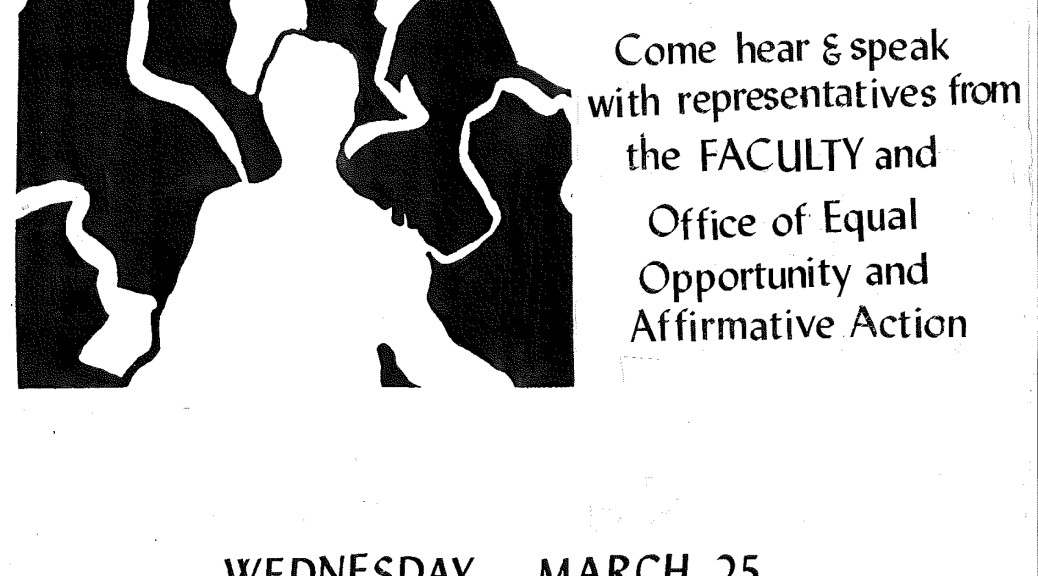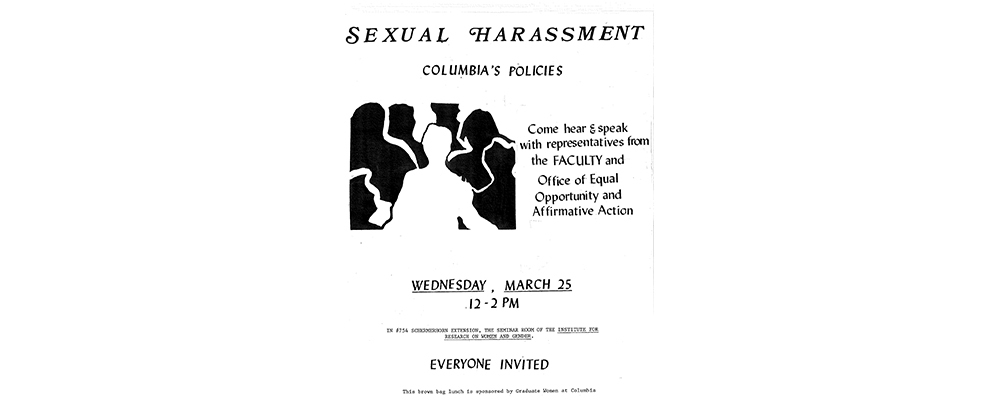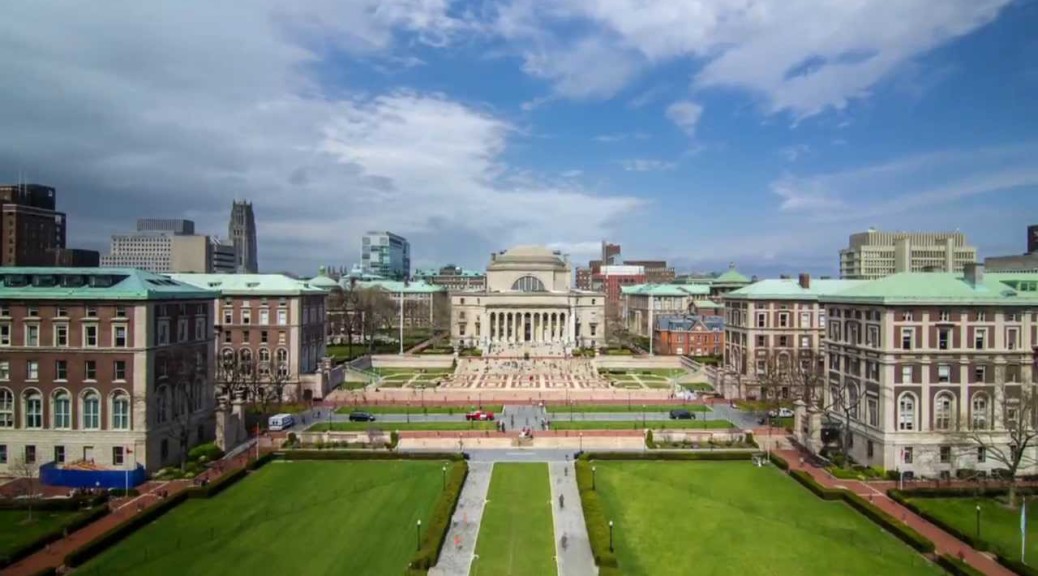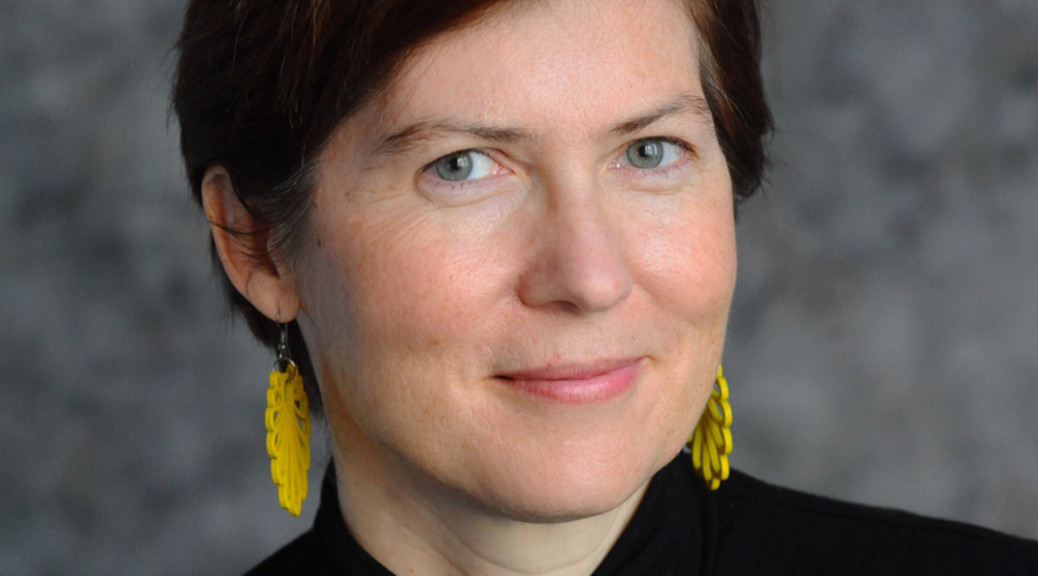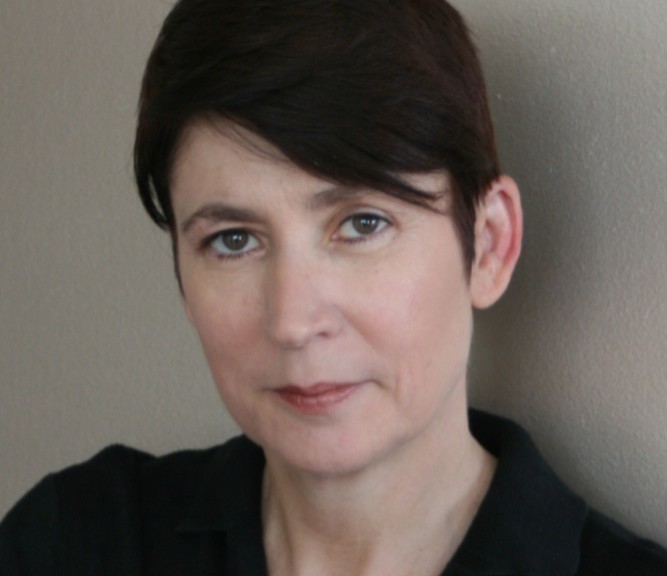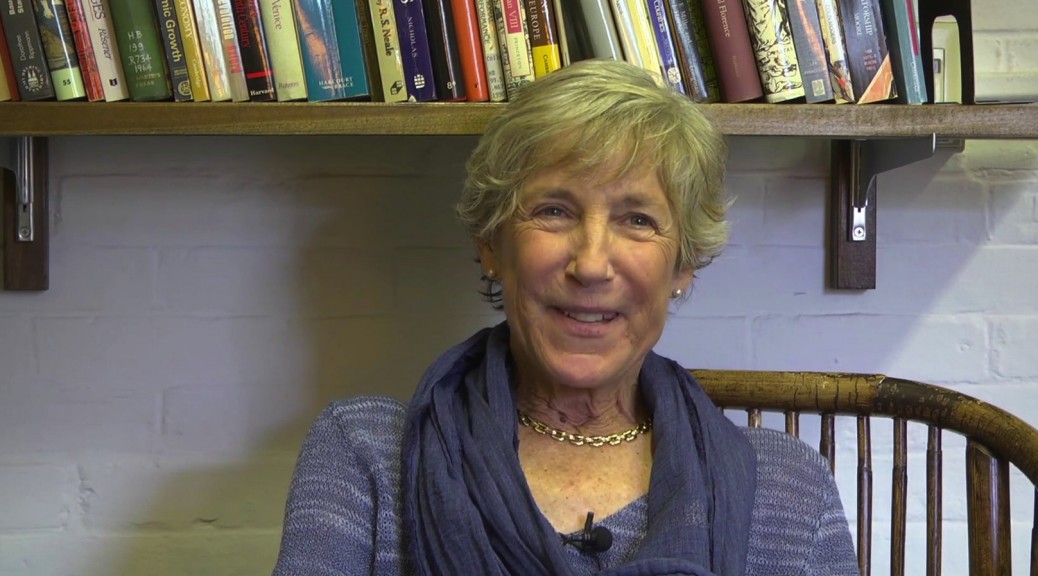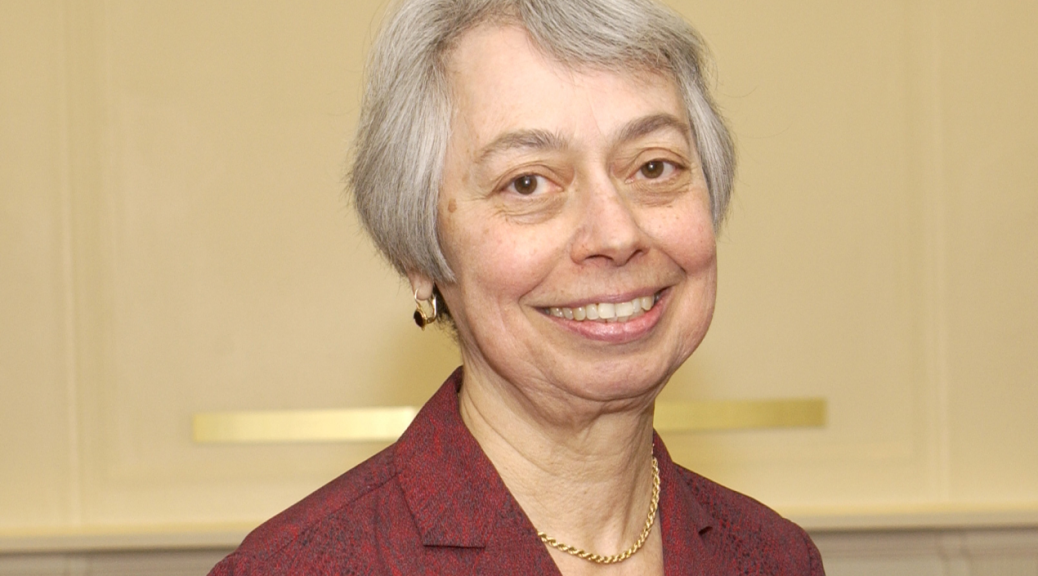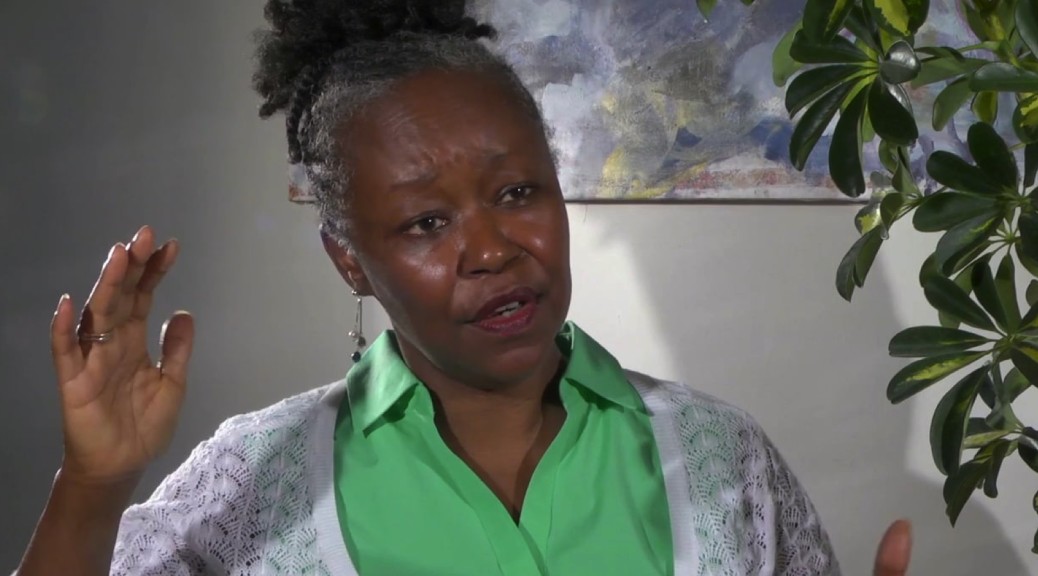All posts by lizhibbard@gmail.com
Doc4
thingeihwoihgwo roh
Doc3
Doc2
Doc1
Donec hendrerit risus at risus semper, nec suscipit lectus tincidunt. Vivamus porta justo non imperdiet rhoncus. Curabitur quis commodo dui. In at feugiat risus. Cras molestie magna lacus, et iaculis sem volutpat in. Donec quis convallis eros. Ut sodales vitae dui eget viverra. Praesent lacus nisl, pellentesque non ante ut, facilisis pretium diam. Vivamus mattis elementum est ut condimentum. Vestibulum vel egestas tortor, vitae tempor nibh.
Nam finibus ipsum eget euismod consequat. In hendrerit eros semper sapien eleifend, vitae ornare turpis viverra. Integer condimentum elit lorem, at gravida augue convallis ut. Aenean metus nibh, consectetur sed pulvinar et, consectetur pharetra arcu. Donec dictum ornare ipsum, quis placerat ligula venenatis a. Morbi blandit tortor libero, egestas imperdiet ante iaculis vel. Curabitur consectetur imperdiet luctus. Etiam lacinia ultrices luctus.
“…those are feminist questions”
JULIE CRAWFORD
Mark van Doren Professor of Humanities, Chair of Literature Humanities
Almost all the protests and demonstrations and teach-ins I’ve been to in the last ten or fifteen years have been either about the war, particularly about the Middle East, particularly about American politics abroad, and particularly about American racist politics at home, stop and frisk [practice by New York City Police Department officers], Ferguson [Missouri], Eric Garner. Those are the ones that all the feminists I know, and my family, have been protesting and talking about and feeling are of immediate impact on everybody’s lives and political conscience and responsibility. I think in each of those instances, Do Muslim Women Need Saving? All of a sudden Republicans talking about Afghani women needing access to education—there’s a feminist critique involved in that. It’s a feminist critique that’s certainly part of why those are the things that were of immediate concern to people.
I have a lot of former students who work on the internet now, that’s where many young feminists work. Being a young feminist who works on the internet, especially if you’re concerned about racism or gender discrimination or sexual orientation discrimination, it just means getting rape and death threats every single day. I think all of those things together, for me, are totally feminist issues. I am far more concerned about Trayvon Martin than I am about gay marriage. The way we think about injustice or rights-bearing subjects, who is silenced in the public sphere, whose life is less worthy, why is that life less—those are feminist questions. They don’t necessarily always land on female bodies, but they’re feminist questions.
Where our activism lands—like I write about 16th and 17th century women. My optic is always about the stories we tell about political rights and who has a political voice. They’re definitely about a historical era a distance from us, but the questions that I’m asking are coming from a place of both how did we get to a delimited sense of political rights and how is the dominant historiographical story we tell about that actually wrong and interested. Male historians tell a very interested story, and I don’t agree with that story. It’s about re-visioning dominant narratives.
I think for almost everybody who’s a feminist, whatever they work on—where their attention is on in their activist life or in their public sphere life—is really looking at inequality, injustice, and the dominant structures of power that make some people lesser than others, whether those people are women or gay people or people of color. In America, it’s people of color. It’s not just right now, there’s a long history to that. I don’t think there’s a distance.
"It was a very contentious issue…"
ROSALIND MORRIS
Professor of Anthropology
IRWGS Director, 1999-2000, 2001-04
It was a very contentious issue. We fought a lot about it. It was one of the most contentious issue in my recollection. I think at that time I was one of the people—I probably still am—who thinks that teaching activism in a classroom is a very weird thing to do. On the one hand it can veer in the direction of internship. On the other hand, every conference you go to, you know, experiences this aporia between the people who are activists and who are often deeply anti-theoretical, if not outright anti-intellectual, and intellectuals who are frustrated by the demands for the instrumentalization of thought which often occurs, as it has to, when you’re doing strategic or tactical stuff.
My own feeling, which is not widely shared and certainly wasn’t shared by the students is that the space between these two has to be kept open. That one has to secure theoretical work from the demands of instrumentalization, and one has to allow activism an immunity, sometimes, from the slowness that is necessary for theorization–which does not mean that activism shouldn’t be theorized. I think it should. It does not mean that theoretical work should be ignorant of, or indifferent to the material consequences, and entailments, and conditions of its own possibility, for sure.
My preference is for this gap to be actively protected. Therefore, I think I wasn’t as supportive of the teaching of activism, which I think is great, and I want students to do, and I want my colleagues to do, and I do. I feel the need for there to be a differentiation of discourse and address. The idea that everything would be serving the same purposes seems to me a horror—an intellectual failure, and a political failure.
A university is a very special place where one is enabled to have the time for a kind of thinking—a kind of critical thinking that can’t be done in any other place, where the temporal demands, and the implementation demands are different. That seems to me something to defend really vigorously. At different times—I think in the ‘90s there was a very strong, quite insistent call for a continuity between intellectual theoretical activities and practical ones, if not the effacement of the difference between the two. I myself opposed that, but lots of students demanded it, for sure. Then there was lots of difference among the faculty about it, too.
“Why is there not the political will at Columbia to make gender issues central?”
MARTHA HOWELL
Miriam Champion Professor of History
IRWGS Director, 1989-94
Why is there not the political will at Columbia to make gender issues central to what they call general education at Columbia? I think that the problem is not that we haven’t institutionalized the study of gender in a way that makes it necessary that people take account of it. I mean, I think that’s part of the problem. Certainly at Columbia, it’s a big problem. I think it’s the political culture in the United States. I think that it’s both toxic and important. Race is a bigger issue in terms of what people think they have to think about as part of how this democracy works or doesn’t work. Social inequality in terms of income is now a bigger issue. The issues of gender are pretty far down the list, and some of that—you know, the backlash won. It maybe didn’t conquer, but it’s held its ground. Some of that has to do with the limitations of the women’s movement…
Now there’s feminist theory that is much more sophisticated, but that hasn’t been part of the conversation. I actually don’t have a good answer. I can describe what the problems are, but I don’t know quite how to fix them. It’s a refusal to consider the systematic social structure that produces the inequality. It’s so easy to talk about in individual terms. That’s a little bit the problem with feminism is that it’s not seen as—gender hierarchy isn’t seen as structural so much as a question of whether these women have these rights. I think we’d have to decide exactly where to pick our fight. I think if we just start screaming, we lose. So if we could mobilize around a particular issue that forced change—but I don’t know what that issue would be. You have to be able to get their ear. In other words, they have to take it seriously. It has to be an issue they, they, take seriously, or you won’t be heard. I think maybe it is time for us to be bad girls. We’re powerful now. There are too many of us.
“…that was why the institute was a very important move”
JOAN FERRANTE
Professor Emerita of English and Comparative Literature
I was the chairman of the [English] department for three years, and I had been promised leave of a semester after my term. When the three years were up, I demanded my leave. It had not been in writing. I had a hell of a time getting it. I did finally get it. I had not been paid anything extra for doing this. Then I discovered, by sheerest accident—and it had to do with an entirely different case—that there was a salary discrepancy. Of course, as a chairman, I did know what all the salaries were, and I had a right to know. I discovered a certain discrepancy, and I mentioned this. I was told by the vice president, “Oh, well, that’s because he was chairman, so he got extra pay.” I said, “Oh, really? I didn’t.” He said, “But you must have. Everybody does. Everybody does.”
That was accidental proof. They never would have told me that originally. That’s the sort of thing. Of course, it went on much worse with other women, women in smaller departments, and women who were older, who felt so happy to be able to teach at a place like this that it would never have occurred to them to demand what they had a right to demand, and so they never did. There was a lot of that sort of thing, and Carol [Carolyn Heilbrun] knew, and I knew, and others. That was why the institute was a very important move.
“My assumptions about what was possible in this country were very different from theirs…”
FARAH GRIFFIN
William B. Ransford Professor of English and Comparative Literature and African-American Studies
The 2008 presidential election was the first time I noticed a change. Even though I was in my forties by then, but it was one of the first times that I really felt the generational difference between myself and my students. I had not felt it before, but I really felt it. It was because their assumptions about what was possible were so different from my assumptions. When Barack Obama enters into the field and says he’s going to run for president, I’m one of those people who thinks at the very beginning, that’s never going to happen. Like, really? Okay, he’s probably going to be one of the more viable candidates, but it’s just never going to happen, not in this country. My students, from the beginning, are like, “Yes, that could happen.” They had no sense that it’s not possible. At first, I think it’s because you’re so naïve and, “You wait, when racism slaps you on your face, you’re going to be shocked.” But then I had to figure out they’re not that naïve. I sort of came along. They were already there. I came along early on. I was like, oh, maybe this could happen.
For me, the sense that I would never see it in my lifetime, they didn’t have that sense. I’d stand up and I’d teach them and I realized that my assumptions about what was possible in this country, my country, was very different from their assumption, and that their assumption was, in many ways, right. Where my history mattered, that they didn’t have, is that I knew—once I realized it could happen, I knew that it wasn’t the end of racism or post-racial. I think they were hopeful that that’s who they were. I knew that it wasn’t, and I sort of felt badly, because I knew that—I was prepared for a backlash, and they were not. They were not. Their youth did not prepare them for that.

